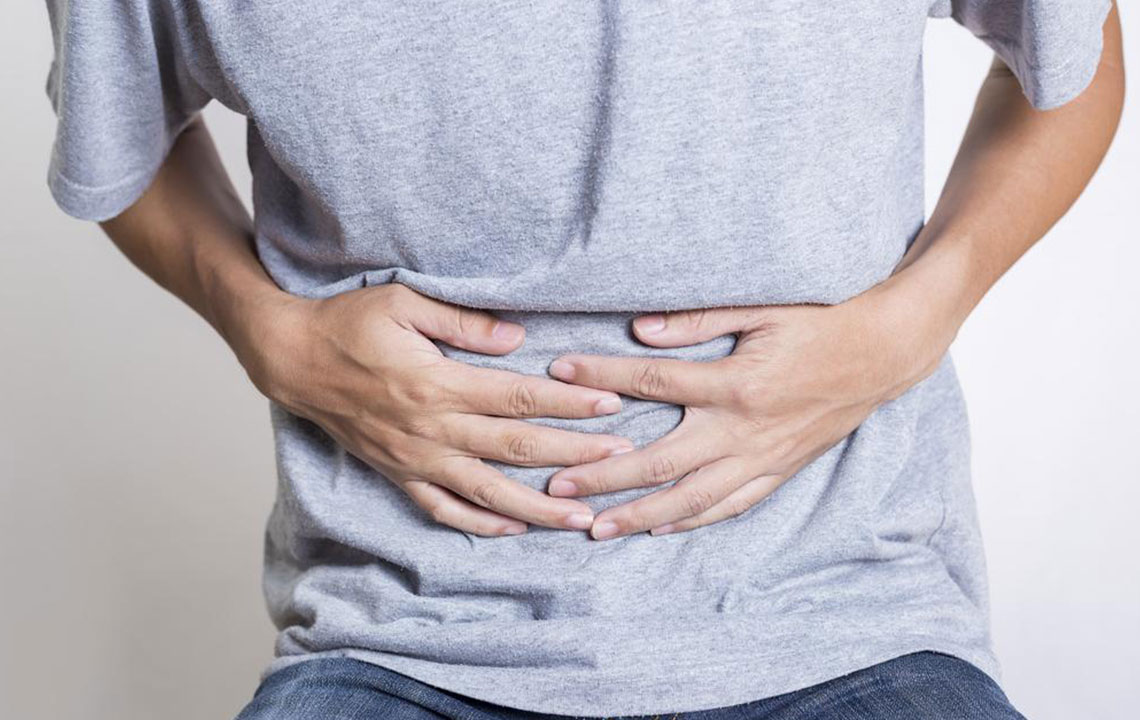Top 11 Causes of Constipation You Should Know
Discover the top 11 causes of constipation, from lifestyle habits to medical conditions. Understanding these factors can help you take preventive steps or seek appropriate treatment. This guide covers dietary influences, medication side effects, age-related factors, and more, offering practical insights for maintaining digestive health. Consult healthcare professionals to address persistent issues effectively and improve overall well-being.

Top 11 Causes of Constipation You Should Know
Various health conditions and lifestyle choices are common contributors to constipation. Understanding these factors is crucial before seeking treatment, so consulting a healthcare professional is recommended to identify the root cause.
Major reasons for constipation
One key factor is the colon's excessive water absorption, which slows stool passage. Weak or sluggish intestinal muscles can also delay bowel movements and increase water retention. Here are additional causes to consider:
Low Dietary Fiber Intake
A diet lacking in fiber—found in fruits, whole grains, and vegetables—is linked to higher constipation risk. Incorporating ample fiber promotes regular bowel activity and can prevent discomfort.
Fiber helps maintain consistent bowel movements, reducing the likelihood of constipation. Avoid foods low in fiber such as eggs, meats, and cheese.
Lack of Physical Activity
Sedentary lifestyles, especially among the elderly or hospitalized individuals, increase the risk of developing constipation. Regular movement stimulates bowel function and helps prevent stagnation.
Medications
Several drugs can cause constipation as a side effect, including opioids like codeine and oxycodone, antidepressants such as amitriptyline, anticonvulsants like phenytoin, and calcium channel blockers like nifedipine. Certain antacids containing aluminum or diuretics may also contribute.
Dairy Products
Consuming excessive dairy, especially milk, can sometimes lead to bowel irregularities and constipation in certain individuals.
Age-Related Changes
As people age, metabolism slows, and digestive muscles weaken, making constipation more common among older adults.
Travel Disruptions
Changes in routine, irregular eating, and disrupted sleep during trips can impact bowel habits, leading to constipation.
Overuse of Laxatives
Relying heavily on laxatives may interfere with normal bowel function, causing dependency and resulting in infrequent, difficult bowel movements when not used.
Ignoring the Urge
Suppressing the body's natural call to evacuate can dry out stool, making passage harder and increasing constipation risk.
Inadequate Water Intake
Drinking enough water helps prevent stool from becoming hard. Dehydration from caffeinated, alcoholic, or sugary drinks worsens constipation.
Rectal or Intestinal Blockages
Conditions such as tumors, diverticulosis, strictures, or congenital issues like Hirschsprung disease may cause mechanical obstructions resulting in constipation.
Health Conditions
Diseases including neurological disorders (e.g., Parkinson’s, MS), metabolic issues (diabetes, hypothyroidism), or connective tissue diseases (lupus, scleroderma), as well as cancer treatments, can impair intestinal function and lead to constipation.










